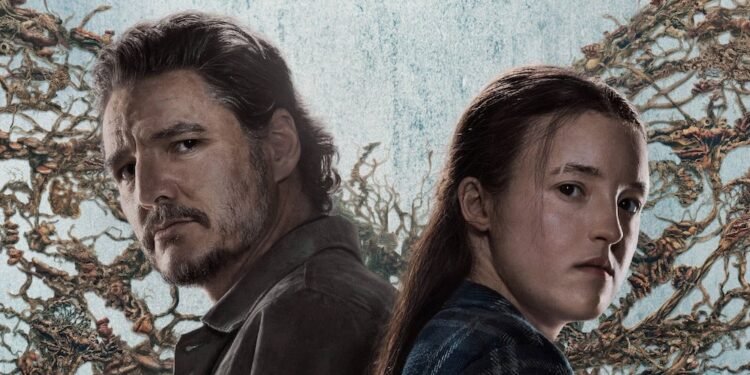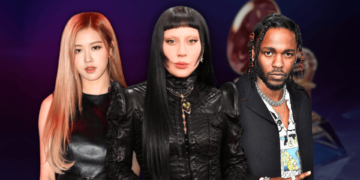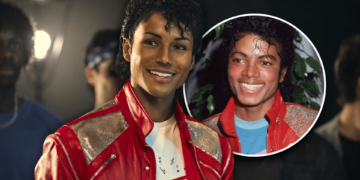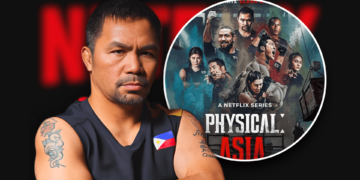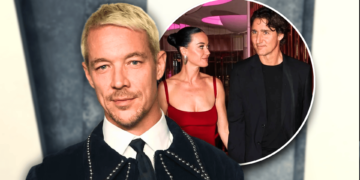Season 1 of The Last of Us was a masterclass in adaptation.
It captured everything that made the original video game a cultural phenomenon: the emotional bond between Joel, a hardened survivor, and Ellie, the young girl who gave him a reason to care again. It was raw, gripping, and refreshingly grounded—survival horror with a soul.
But Season 2? It’s something else entirely.
By Episode 4, the cracks were no longer subtle—they were glaring. With Joel gone and the focus shifted entirely to Ellie, played by self-described non-binary actress Bella Ramsey, the series took a sharp turn into identity-first storytelling.
The episode featured Ellie in a romantic relationship with bisexual character Dina. When Dina reveals she’s pregnant (from a prior relationship with a boyfriend), Ellie’s response—“I’m gonna be a dad”—wasn’t just awkward. It was symbolic of how far the show had drifted from its roots.
That moment was surrounded by rainbow flags, murals, and overt Pride symbolism that felt more like activist set design than authentic world-building. And while there’s nothing inherently wrong with representation, the question becomes: at what point does it stop serving the story and start serving an agenda?
Many fans believe we’ve already crossed that line.
Across Reddit and fan forums, long-time viewers are calling Season 2 a “bait and switch.” They tuned in for survival drama and got ideological theater. “This isn’t The Last of Us anymore,” one user wrote. “It’s The Wokest of Us.”
Even some critics who once praised the show now use terms like “performative” and “off-tone” to describe the shift.
And the numbers tell the story: According to IGN 3.7 million viewers tuned in for the Season 2 finale—down 30% from the premiere (5.3M), and less than half of Season 1’s finale viewership (8.2M).
The issue isn’t diversity—it’s narrative integrity. The showrunners abandoned the gritty, character-driven storytelling that made Season 1 great, and replaced it with a checklist approach to social issues. Instead of developing Ellie’s trauma or emotional arc, we got one-liners and post-apocalyptic Pride parades.
It’s a pattern we’ve seen before: take a beloved franchise, inject identity politics, and act surprised when the audience checks out. HBO’s The Last of Us is simply the latest proof that when you stop telling a story and start preaching, even the most faithful fans will walk away.


